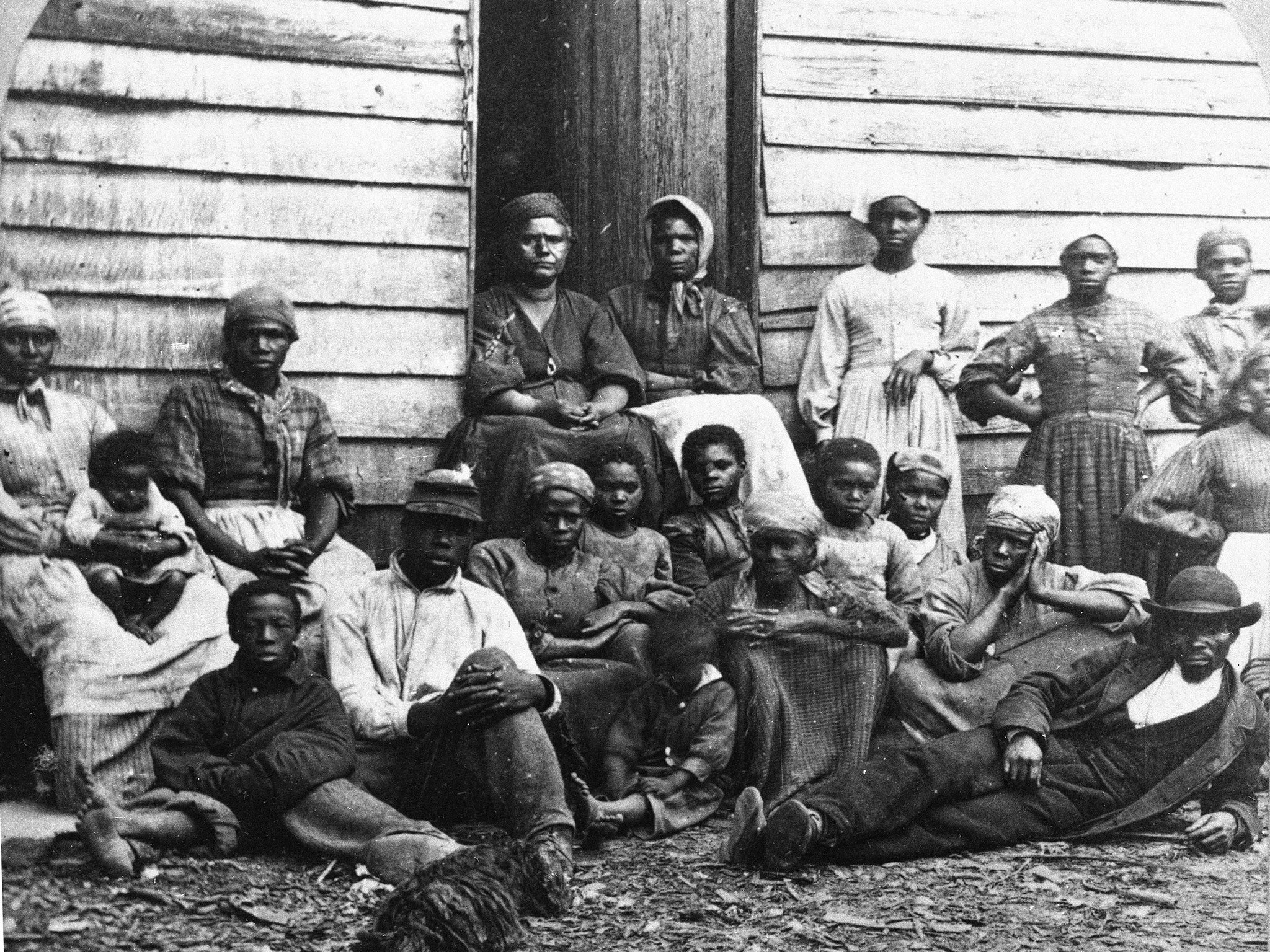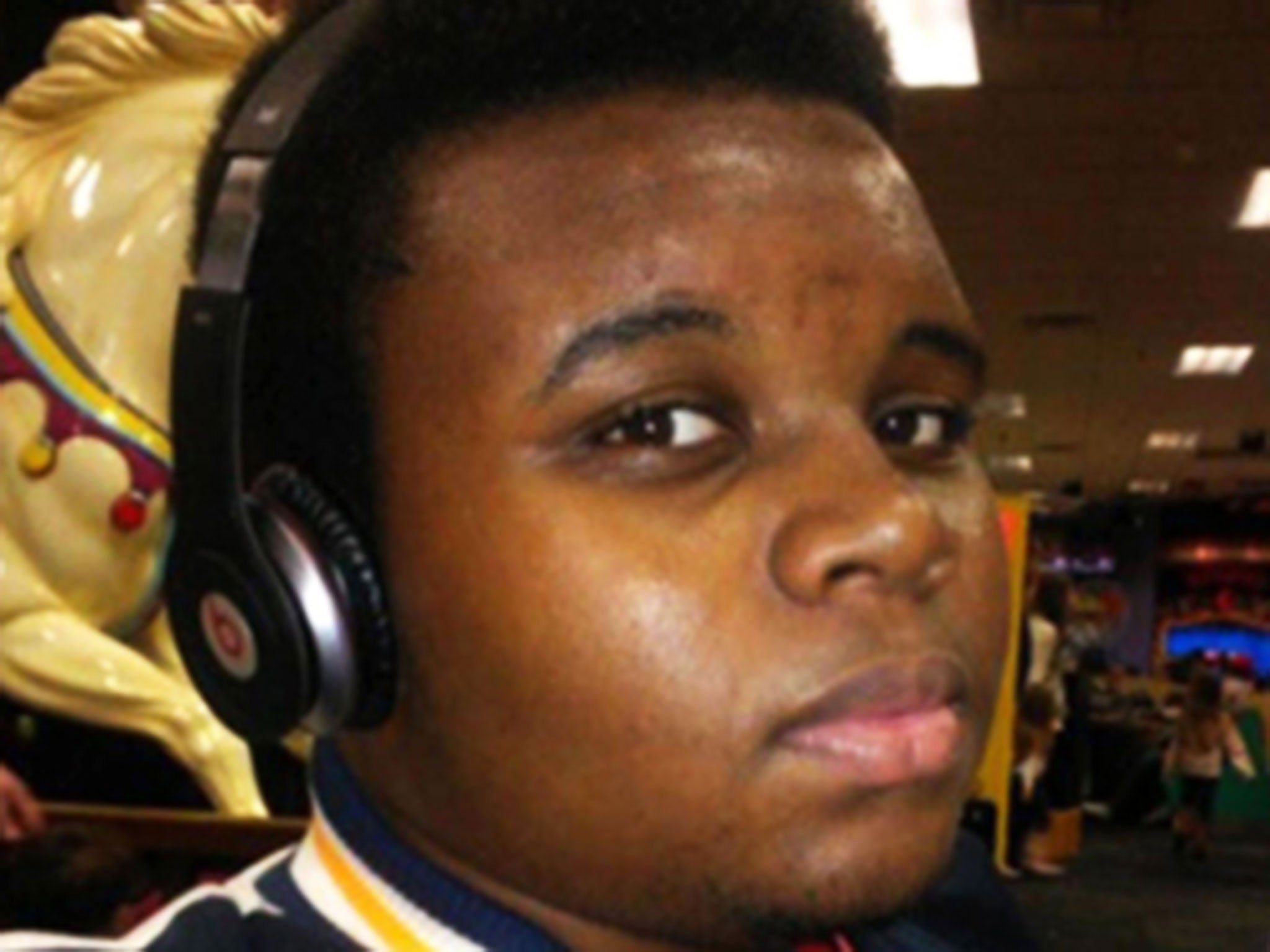US government should pay reparations to the African-American descendants of slaves, UN committee says
Group sats 'past injustices and crimes against African-Americans need to be addressed with reparatory justice'

Your support helps us to tell the story
From reproductive rights to climate change to Big Tech, The Independent is on the ground when the story is developing. Whether it's investigating the financials of Elon Musk's pro-Trump PAC or producing our latest documentary, 'The A Word', which shines a light on the American women fighting for reproductive rights, we know how important it is to parse out the facts from the messaging.
At such a critical moment in US history, we need reporters on the ground. Your donation allows us to keep sending journalists to speak to both sides of the story.
The Independent is trusted by Americans across the entire political spectrum. And unlike many other quality news outlets, we choose not to lock Americans out of our reporting and analysis with paywalls. We believe quality journalism should be available to everyone, paid for by those who can afford it.
Your support makes all the difference.The US government should consider paying reparations to the African-American descendants of slaves, a United Nation working group says.
The UN Working Group of Experts on People of African Descent has released its preliminary recommendations after more than a week of meetings with black Americans from across the country.
The group also recommended establishing a national human rights commission and publicly acknowledge the trans-Atlantic slave trade was a crime against humanity.
Chairwoman Professor Mireille Fanon-Mendes France said the committee were "extremely concerned about the human rights situation of African-Americans".
She said: "The colonial history, the legacy of enslavement, racial subordination and segregation, racial terrorism and racial inequality in the U.S. remains a serious challenge as there has been no real commitment to reparations and to truth and reconciliation for people of African descent."
She compared the recent deaths of unarmed black men like Michael Brown and Eric Garner at the hands of white police officers to the racist lynchings of black men in the South from the post-Civil War era through to the latter half of the 20th century.

The recent deaths - as well as that of Sandra Bland who was found dead in her cell in Texas in July last year - have prompted the growth of the protest movement #BlackLivesMatter.
She said: "Impunity for state violence has resulted in the current human rights crisis and must be addressed as a matter of urgency."
Members of the working group - none of whom are from the US - said they were shocked at some of the injustices many black people in the US faced.
Around 37 per cent of state and federal prisoners were black males in 2014m and according to a recent survey by the US Federal Reserve the median African-American family has around 8 cents in wealth to every dollar held by the median white family.
The working group suggested monuments, markers and memorials be erected in the United States to facilitate dialogue, and "past injustices and crimes against African-Americans need to be addressed with reparatory justice".
They also suggested an end to racial profiling, mandatory minimum sentencing and solitary confinement in prisons.

The US government has never issued an official apology for slavery.
In 2008, the House of Representatives unanimously voted to apologise for both slavery and the Jim Crow laws which followed.
The following year the Senate passed its own bill to apologise for the injustice but neither reached President Obama’s desk as both houses could not agree on the correct wording to stop them becoming liable for future repatriations.
Additional reporting by AP
Join our commenting forum
Join thought-provoking conversations, follow other Independent readers and see their replies
Comments